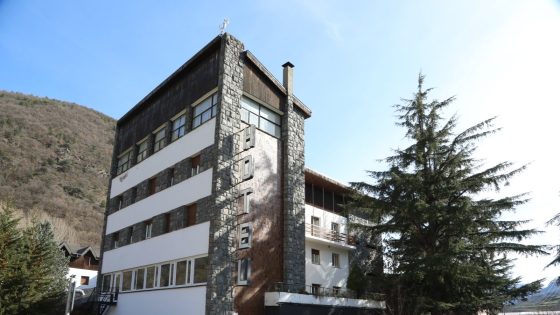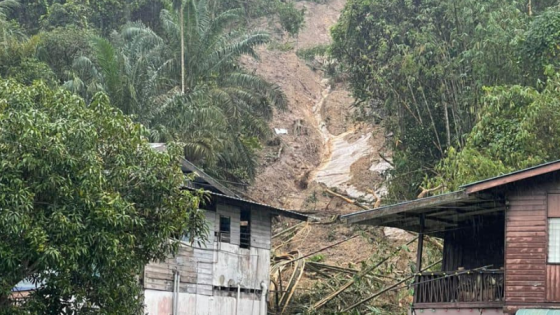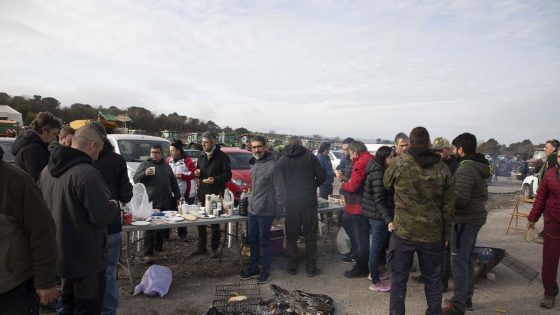The Generalitat of Catalonia plans to double the tourist tax, raising concerns among local businesses. This decision, made in collaboration with the Comuns parliamentary group, aims to allocate 25% of the tax revenue to housing policies. With the tourism sector already facing challenges, will this increase hinder competitiveness in regions like Lleida?
- Tourist tax increase planned by Generalitat
- Sector concerns over competitiveness loss
- Annual tourist tax revenue in Lleida: €1.9 million
- 25% of tax revenue to housing policies
- New tax on large property sales proposed
- Tourist tax aimed at funding tourism promotion
Why Doubling the Tourist Tax Could Hurt Catalonia’s Tourism Industry
Could a higher tourist tax drive visitors away from Catalonia? The proposed increase, set to double the current rates, has raised alarms among local businesses. The tourism sector, vital to the region’s economy, fears that increased costs will deter travelers, particularly in Lleida, where competition with other destinations is fierce.
Implications of the Increased Tourist Tax on Local Businesses
The decision to double the tourist tax is not without consequences. Local businesses, including hotels and restaurants, are voicing their concerns about the financial strain this will impose. Here are some key points to consider:
- Increased operational costs for hotels and accommodations.
- Potential decrease in tourist numbers due to higher expenses.
- Concerns over competitiveness with regions that do not impose similar taxes.
- Impact on local employment and economic stability in tourism-dependent areas.
Understanding the Current Tax Structure in Lleida
Currently, the tourist tax in Lleida is set at €0.60 per night for most accommodations, with higher rates for luxury hotels. Doubling this tax could mean significant changes for visitors and local businesses alike. The tax revenue, which has stabilized around €1.9 million annually, is crucial for funding tourism promotion and infrastructure. However, the new agreement may redirect a portion of this revenue to housing policies, further complicating the landscape for local businesses.
Local Reactions to the Proposed Tax Increase
Local tourism leaders have expressed strong opposition to the proposed tax hike. They argue that the increase reflects a misunderstanding of the tourism sector’s role in the economy. Many believe that instead of penalizing tourists, efforts should focus on promoting sustainable tourism that benefits both visitors and residents.
In conclusion, while the intention behind the tax increase may be to support housing initiatives, the potential repercussions for the tourism industry in Catalonia cannot be overlooked. How will local businesses adapt to these changes, and what does this mean for the future of tourism in Spain?

































